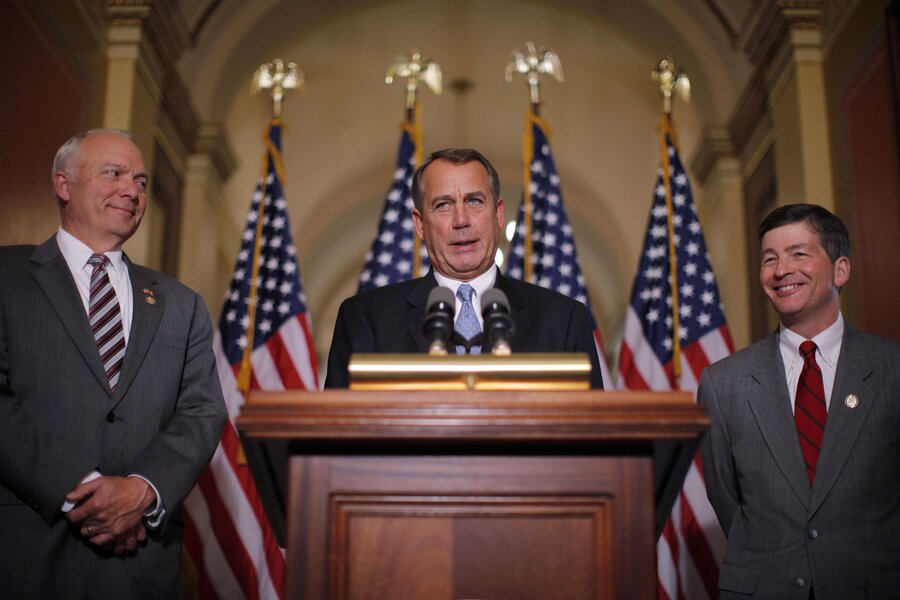Loans that students have already received will have a 3.4 percent interest rate for the life of the loan. But newly issued loans will have a rate of 6.8 percent.
For students who borrow the maximum $5,500 in the coming school year, the rate change to 6.8 percent would mean paying an additional $9 a month once they start repaying the loan, according to Jason Delisle, director of the Federal Education Budget Project at the New America Foundation, a nonpartisan policy organization in Washington.
But interest doesn’t start accruing on these loans while the student is in school, and graduates who are unemployed have up to three years before interest kicks in, Mr. Delisle says.






